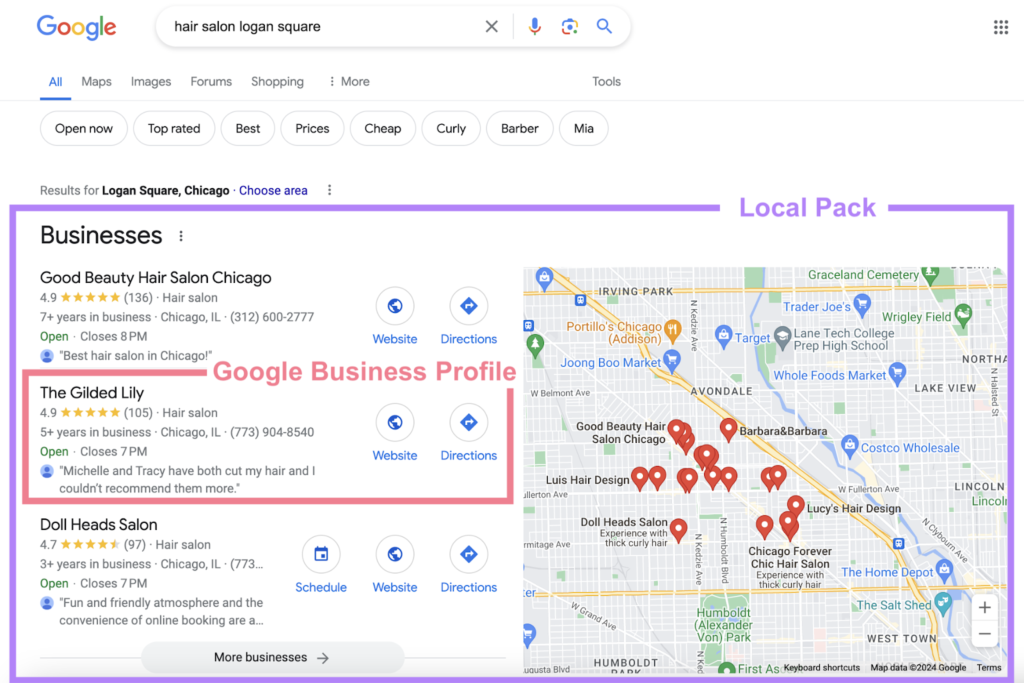Voice search is changing how people find information online. With smart assistants like Siri, Alexa, and Google Assistant, users now speak their queries instead of typing them. This shift means businesses must adapt their content to rank in voice search results. Let’s dive into how you can optimize your content for voice search and stay ahead of the competition.
1. Use Conversational and Natural Language
Voice search queries sound more like everyday conversations. Instead of typing “best SEO tips,” people ask, “What are the best SEO tips for my website?” To optimize:
- Write in a natural, human-friendly tone.
- Use long-tail keywords and question-based phrases.
- Answer questions directly and clearly in your content.
For expert SEO optimization, check out our SEO Services.
2. Focus on Featured Snippets
Voice assistants often pull answers from Google’s featured snippets (the box that appears at the top of search results). To increase your chances of ranking:
- Write clear, direct answers in short paragraphs or bullet points.
- Structure content using H2 and H3 headers to organize information.
- Optimize for FAQ-style queries.
Want to rank higher in search? Explore our Content Writing Services.
3. Target Question-Based Keywords
Since voice searches are question-heavy, use keywords that start with:
- What (e.g., What is voice search optimization?)
- How (e.g., How do I optimize my website for voice search?)
- Where (e.g., Where can I find expert SEO services?)
Use tools like Google’s “People Also Ask” section to find common voice search queries.
4. Optimize for Local SEO
Many voice searches are location-based, such as “best digital marketing agency near me.” To optimize:
- Include your business name, address, and phone number (NAP).
- Use Google My Business for better local rankings.
- Add location-based keywords like “SEO services in [City]”.
For local SEO strategies, check out Google My Business Optimization.

5. Improve Website Speed and Mobile-Friendliness
Voice searches often happen on mobile devices. Ensure your site:
- Loads in under 3 seconds.
- Uses mobile-friendly design.
- Has compressed images for faster loading.
A slow website can hurt your rankings and user experience.

6. Create FAQ Pages
A dedicated FAQ page helps target voice search queries directly. To optimize:
- Use H2 or H3 headers for questions.
- Answer in simple, short sentences.
- Include relevant keywords naturally.
This increases your chances of appearing in voice search results.
7. Use Schema Markup
Schema markup helps search engines understand your content. By adding structured data, you can:
- Improve your chances of being a featured snippet.
- Help search engines identify key details (business hours, contact info, etc.).
For technical SEO and schema optimization, explore our Website Development Services.
Final Thoughts: Stay Ahead in the Voice Search Game
Voice search is growing, and optimizing your content now will help you rank higher, drive more traffic, and stay competitive. Focus on conversational content, featured snippets, local SEO, and fast-loading pages to dominate voice search results.
Ready to Optimize Your Content for Voice Search?
📞 Call: 0161 399 3517
📧 Email: Syed_66@hotmail.com
🌐 Visit: Social Media Max
